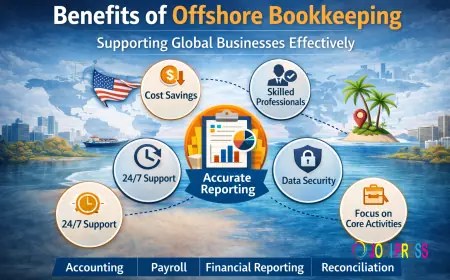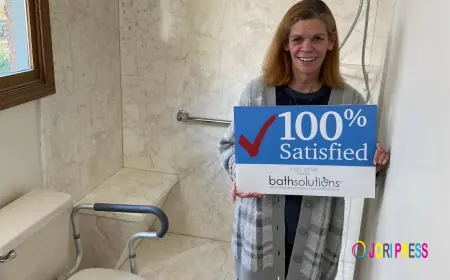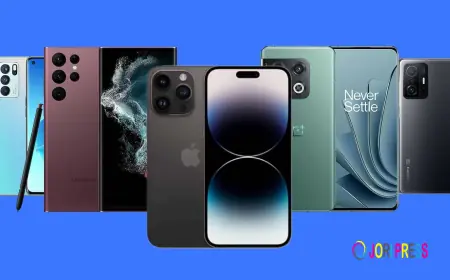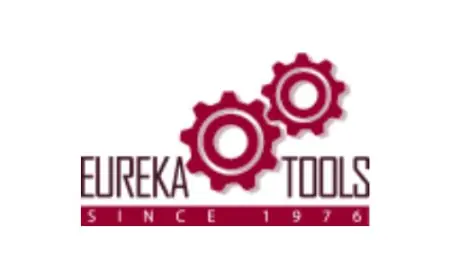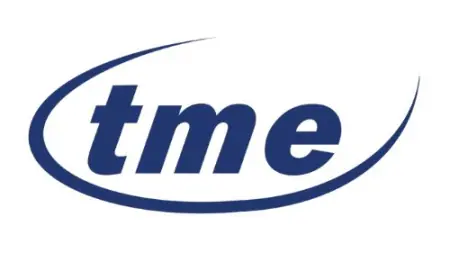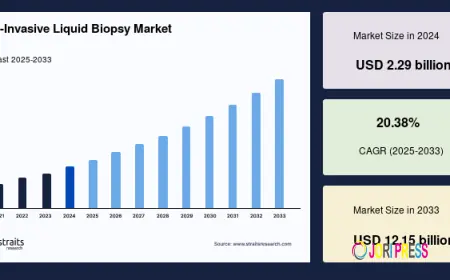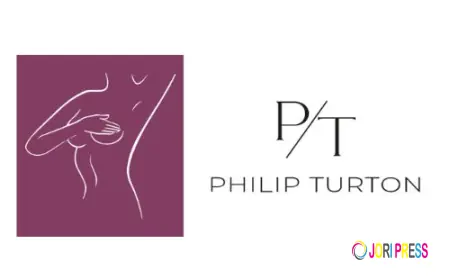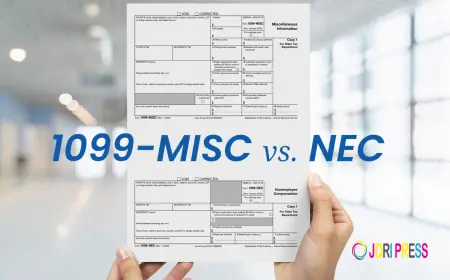Why LMS for Healthcare is Future of Clinical Learning?
Discover how LMS for Healthcare is transforming clinical learning with flexible access, personalized training, and real-time compliance—empowering medical professionals and students through innovative digital education tools.

The healthcare industry is evolving at a rapid pace, driven by technological advancements, evolving patient expectations, and continuous medical innovations. In such a dynamic environment, traditional training methods are no longer sufficient to equip healthcare professionals with the skills and knowledge they need. Enter the LMS Learning Management System — a digital solution that is reshaping how medical education and clinical learning are delivered.
In particular, LMS For Healthcare is emerging as a vital tool in ensuring that doctors, nurses, administrative staff, and even students in the medical field stay up-to-date with best practices, compliance standards, and life-saving knowledge. In this blog, we explore why LMS is not just a trend but the future of clinical learning.
1. The Need for Continuous Learning in Healthcare
Healthcare is a high-stakes industry where outdated knowledge can lead to dire consequences. With new treatment protocols, pharmaceutical updates, and regulatory changes occurring regularly, professionals must constantly upgrade their knowledge. Traditional classroom-based training often lacks the agility and accessibility needed to keep pace with these changes.
This is where an LMS for Healthcare shines. A modern LMS Learning Management System allows organizations to instantly update training materials, push new content across departments, and monitor compliance — all in real-time.
2. Flexibility and Accessibility with LMS Mobile Apps
In a 24/7 industry like healthcare, professionals often struggle to find time for learning. Nurses on night shifts, doctors between surgeries, or interns juggling rotations — they all need a solution that fits their schedules.
The LMS Mobile App solves this challenge by enabling access to training and educational content anytime, anywhere. Whether it’s a quick refresher on a surgical procedure or a module on the latest patient safety protocol, mobile access ensures that learning is always just a tap away.
Moreover, mobile-compatible LMS platforms support microlearning, video tutorials, and interactive quizzes — perfect for busy healthcare workers on the go.
3. Personalization Enhances Learning Outcomes
One-size-fits-all approaches don’t work in clinical settings where roles and responsibilities vary significantly. A hospital administrator doesn’t require the same training as a cardiovascular surgeon.
An advanced LMS Learning Management System allows personalization of learning paths based on the user’s role, experience level, and learning objectives. For example:
-
LMS for Students in nursing or medical school can focus on foundational medical concepts.
-
Practicing professionals can access specialized modules based on their field.
-
Administrative staff can undergo compliance and operations training.
This role-based training not only improves engagement but also ensures that every user gets the most relevant and effective content.
4. Real-Time Tracking and Compliance Management
In healthcare, staying compliant with industry regulations isn’t optional — it’s mandatory. Hospitals and clinics must maintain strict documentation of staff training to meet standards set by bodies like the Joint Commission, HIPAA, or WHO.
A well-integrated LMS for Healthcare comes with real-time tracking and analytics. Managers can see who completed which module, how they scored, and where gaps exist. Automated alerts and reports make it easier to ensure full compliance without the paperwork headache.
This not only reduces the risk of regulatory fines but also fosters a culture of continuous improvement and accountability.
5. Enhanced Engagement Through Multimedia and Simulation
Clinical learning isn’t just about reading manuals. It often involves complex procedures and decision-making under pressure. Modern LMS Learning Management Systems support multimedia formats — including 3D models, AR/VR simulations, and interactive case studies — which bring learning to life.
For example, a module on CPR can include step-by-step video demonstrations, followed by an interactive quiz and a virtual simulation. This blended learning approach helps with better knowledge retention and practical application, making it an ideal fit for the healthcare environment.
6. Scalability for Institutions and Healthcare Networks
As healthcare institutions grow, so do their training needs. Whether it’s onboarding 500 new nurses or updating infection control guidelines across 20 clinics, scalability becomes a major concern.
An LMS for Healthcare offers unmatched scalability. Content can be pushed across departments, regions, or even countries with just a few clicks. New users can be added effortlessly, and training can be standardized across the board — ensuring consistency in patient care regardless of geography.
7. Supporting Medical Students and Future Professionals
It’s not just professionals who benefit — LMS for Students in the medical field also plays a crucial role. Many universities and teaching hospitals are adopting LMS platforms to deliver interactive coursework, assessments, and collaborative learning environments.
These platforms bridge the gap between theory and practice by combining classroom education with clinical training modules. For students preparing for licensing exams or certifications, the LMS offers self-paced learning, mock exams, and progress tracking — making it a powerful academic companion.
8. Cost-Efficiency and Resource Optimization
Traditional training methods require classrooms, instructors, printed materials, and scheduling — all of which incur costs. With LMS, much of the training can be automated and digitized.
This reduces overhead costs and allows healthcare organizations to allocate resources more efficiently. For example, a recorded webinar can replace repeated live sessions. A simulation module can reduce the need for in-person practical training for certain procedures. These savings can be redirected to patient care or infrastructure upgrades.
Conclusion: LMS is the Future of Clinical Learning
The healthcare sector cannot afford outdated training methods. As the industry becomes more complex and fast-paced, the need for agile, scalable, and engaging learning solutions is more urgent than ever.
LMS for Healthcare stands out as the ultimate solution — offering flexibility, compliance tracking, personalized learning, and cost-efficiency. Whether you are training a new nurse, upskilling a surgeon, or educating future medical professionals, a robust LMS Learning Management System delivers unmatched value.
And with the increasing use of LMS Mobile Apps and platforms tailored specifically for LMS for Students, the future of clinical learning is not just digital — it’s dynamic, accessible, and unstoppable.
What's Your Reaction?
 Like
0
Like
0
 Dislike
0
Dislike
0
 Love
0
Love
0
 Funny
0
Funny
0
 Angry
0
Angry
0
 Sad
0
Sad
0
 Wow
0
Wow
0

